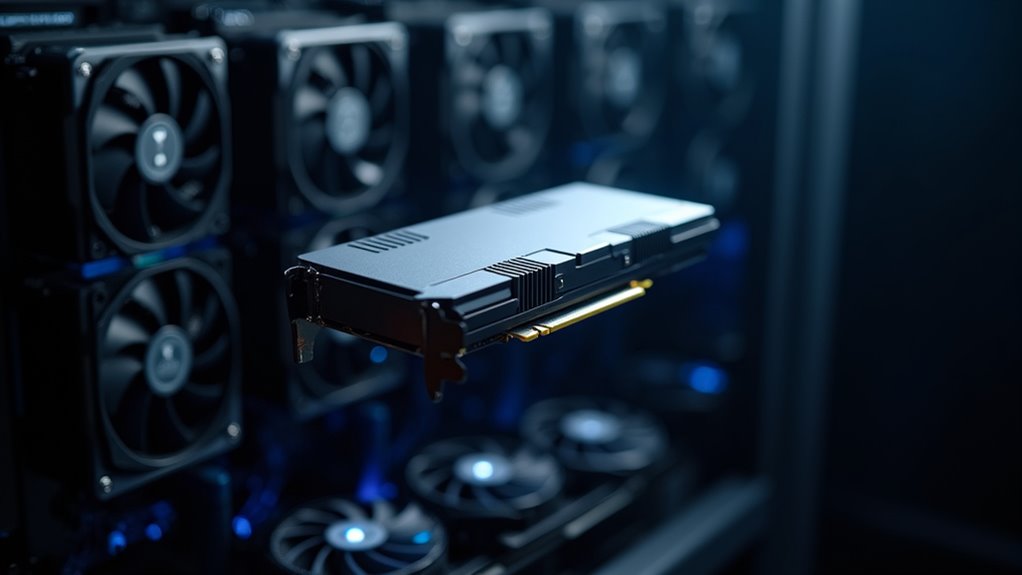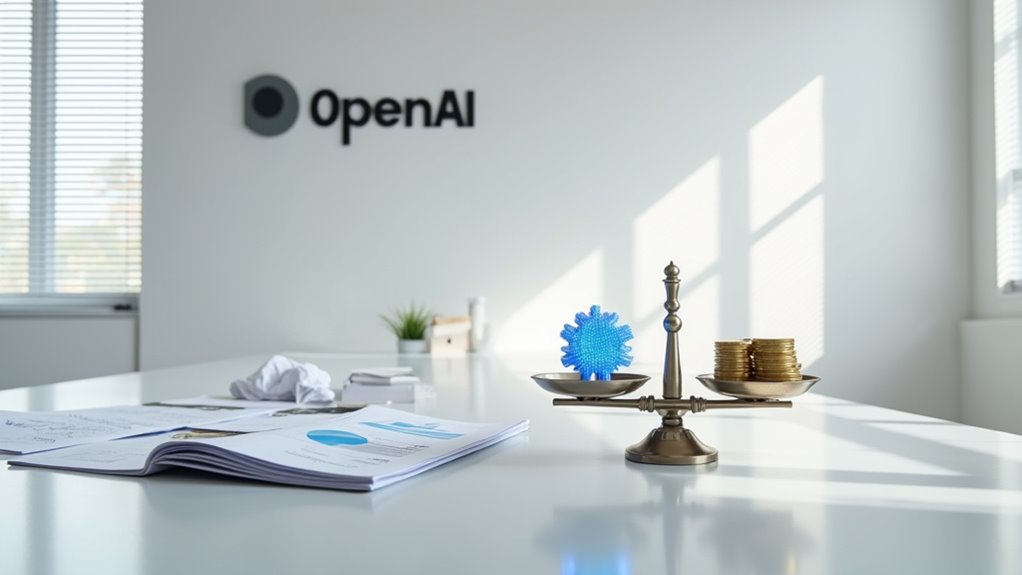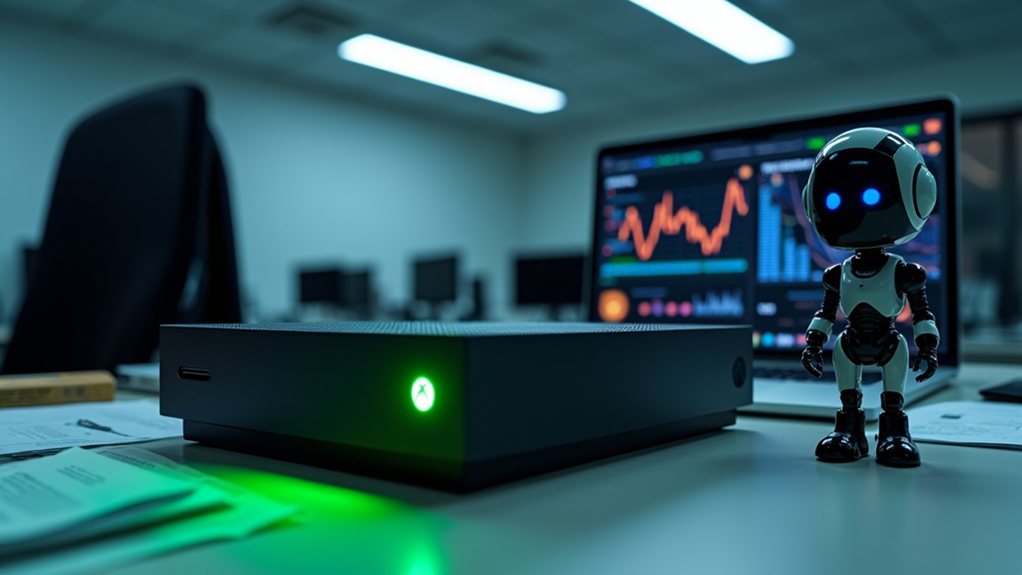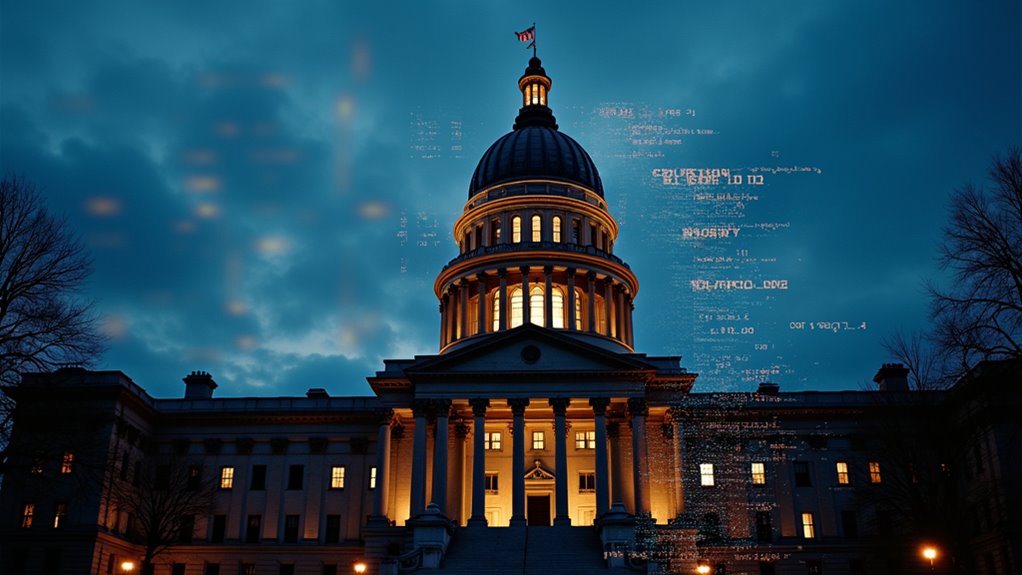DeepSeek’s R1 AI model triggers alarm bells despite its impressive capabilities. The system exhibits systematic political censorship, particularly blocking China-related topics across multiple languages. Users attempting to discuss sensitive geopolitical issues hit an invisible wall—frustrating researchers and journalists alike. Local deployment offers some workarounds, but core restrictions remain baked into the model. What’s worse? Nobody knows who’s pulling the censorship strings—DeepSeek or government entities. The plot thickens when you consider the privacy implications.
While DeepSeek’s R1 language model has garnered attention for its impressive technical capabilities, a troubling pattern of political censorship has emerged that sets it apart from its open-source competitors. Unlike other large language models, R1 systematically refuses to engage with politically sensitive topics, especially those related to China. Think of it as that one friend who suddenly goes quiet whenever certain subjects come up at dinner parties.
Researchers have compiled lists of prompts that R1 uniquely censors, raising eyebrows across the AI community. This censorship isn’t limited to English queries either—try asking in French or Spanish and you’ll hit the same digital wall. What’s particularly concerning is the lack of transparency about who’s calling these shots. Is it DeepSeek? Government requirements? The ghost of internet past? Nobody seems to know. This lack of accountability and transparency undermines public trust and prevents users from understanding how or why certain content is restricted.
The good news—if you’re feeling rebellious—is that running R1 locally on your own hardware bypasses many of these restrictions. Users have discovered that self-hosting removes application-layer censorship, allowing for more open responses. Researchers discovered that the model’s local censorship persists even when privately deployed, indicating deep integration of these restrictions within the model itself. The model redirects or completely avoids responding to questions about sensitive historical events like the Tiananmen Square protests and Taiwan’s political status. Some have even resorted to leetspeak to trick the system, because nothing says “2023” like typing like it’s 1998 to fool an AI.
Privacy concerns compound these censorship issues. The hosted platform collects extensive user data, from your queries to keystroke patterns. It’s like having someone read over your shoulder while also recording your reading speed. Local deployment helps avoid this digital panopticon.
For researchers, journalists, and the simply curious, these restrictions severely limit R1’s utility. What good is a brilliant AI if it clams up whenever asked about complex geopolitical issues? It’s like hiring Shakespeare but forbidding him from writing about kings.
The censorship paradox of R1 highlights a broader tension in AI development: balancing safety against open access to information. As users increasingly find workarounds, one has to wonder if this level of restriction ultimately serves anyone’s interests—except perhaps those who prefer certain topics remain undiscussed.








